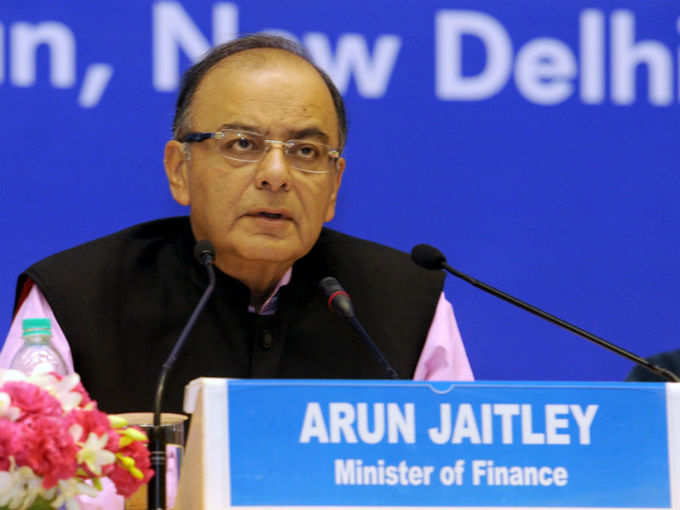 The
The "This condition (directly or indirectly impacting discounts) is arbitrary," the individual said. “It unnecessarily creates confusion.” The foreign direct investment (FDI) policy permits companies, for example,
The finance ministry is of the view that this and different curbs have offered ascend to disarray and could discourage investments, offering support that could give a straightforward and clear policy for online retail.
A Niti Aayog board is assessing the general policy system for ecommerce and is relied upon to solidify its perspectives on the matter in a month. It had held discussions on the matter with stakeholders.
A decision will be taken after the committee presents its proposals. The Department of Industrial Policy and Promotion (DIPP) issued a press note in March clearing up the provision relating to ecommerce.
The policy permits 100% FDI in the market put model through an automatic route. Be that as it may, it additionally lays out the guidelines for price cuts.
“Ecommerce entities providing market place will not directly or indirectly influence the sale price of goods or services and shall maintain level playing field,” the policy states. Other than that, no single vendor can represent more than a fourth of aggregate deals on the portal.
It likewise discounts FDI in the stock based model, so foreign subsidized ecommerce companies can't purchase merchandise, stock them and then retail them to shoppers online.
The restrictions were forced after businesses griped against online discounts and looked for a level playing field. North Block is of the view that this segment can be a much greater investment draw if the rules are relaxed, creating more jobs.
The finance ministry is keen to achieve consistency and clarity in the foreign investment administration other than empowering technology and innovation.